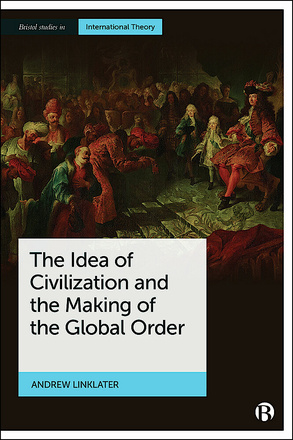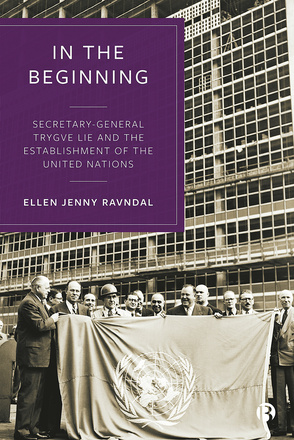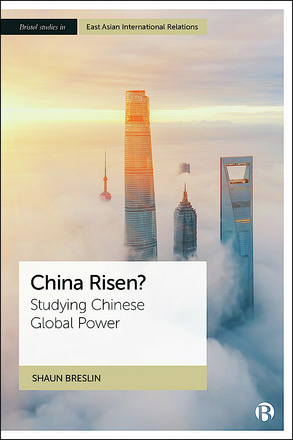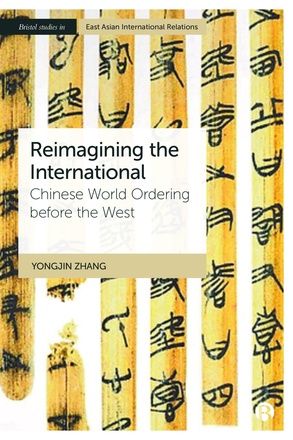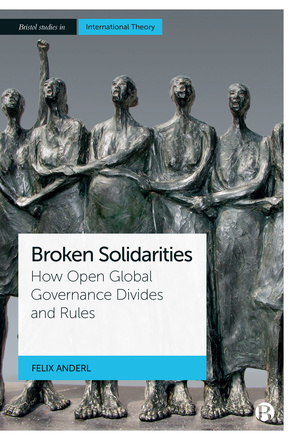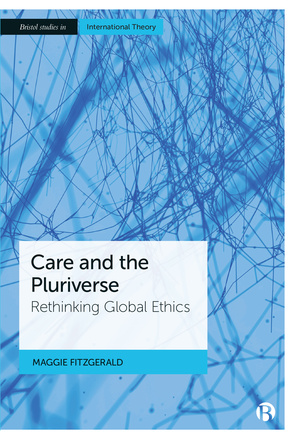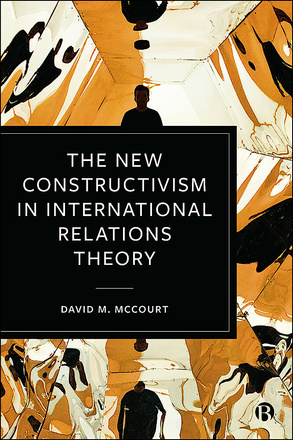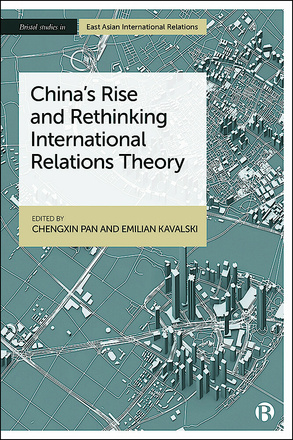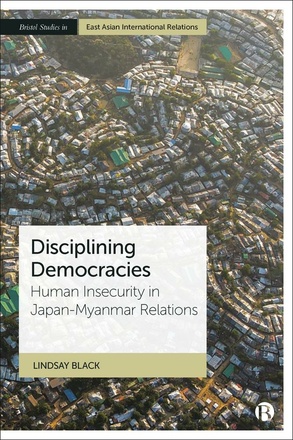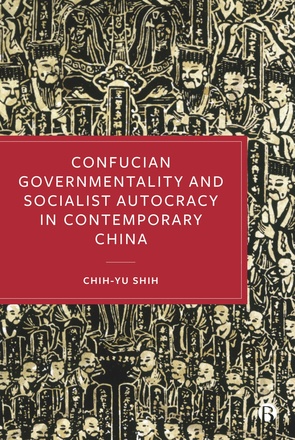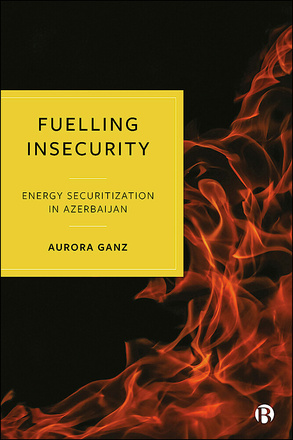International Relations Theory
The Idea of Civilization and the Making of the Global Order
Exploring the significance of Norbert Elias’s reflections on civilization for international relations, this book explains the working principles of an Eliasian approach to civilization and demonstrates how the interdependencies between state-formation, colonialism and an emergent international society shaped the European 'civilizing process.'
In the Beginning
Secretary-General Trygve Lie and the Establishment of the United Nations
This book reviews the formative years of the United Nations (UN) under its first Secretary-General Trygve Lie.
China Risen?
Studying Chinese Global Power
Drawing on an extensive range of Chinese-language debates and discussions, this book explains the roles of different actors and interests in Chinese international interactions, and how they influence the nature of Chinese strategies for global change.
Reimagining the International
Chinese World Ordering before the West
This book shows how engaging China’s history can contribute to our search for global foundations of international thought. It examines international thought in ancient China, Chinese international relations in deep world history, and the evolution of contemporary Chinese academic IR as intellectual history.
Broken Solidarities
How Open Global Governance Divides and Rules
Felix Anderl’s book is a stimulating analysis of the decline of the social movement against the World Bank and the rise of a new form of transnational rule. The book observes international organizations and social movements in their interaction, demonstrating how social movements are divided and ruled in the absence of a ruler.
A Hierarchical Vision of Order
Understanding Chinese Foreign Policy in Asia
China’s vision for international order is a matter of great global interest. This book analyses China’s vision for foreign policy and how it is seeking to achieve its goals with its immediate neighbours.
Care and the Pluriverse
Rethinking Global Ethics
This book examines the concept of the pluriverse alongside global ethics and the ethics of care in order to contemplate new ethical horizons for engaging across difference. Offering a challenge to the current state of the field, this book argues for a rethinking of global ethics as it has been conceived thus far.
The New Constructivism in International Relations Theory
Tracing constructivist work on culture, identity and norms within the historical, geographical and professional contexts of world politics, this book makes the case for new constructivist approaches to international relations scholarship.
China’s Rise and Rethinking International Relations Theory
Bringing together leading scholars from Asia and the West, this book investigates how the dynamics of China’s rise in world politics contributes to theory-building in International Relations (IR). In doing so, the volume builds a strong case for a genuinely global and post-Western IR.
Disciplining Democracies
Human Insecurity in Japan-Myanmar Relations
This book examines Japan’s relationship with Myanmar from the passage of its constitution in May 2008 to the February 2021 coup d’état that finished its transition to a ‘disciplined democracy.’ It develops a unique Area Studies approach that critiques how Japan’s foreign policy elites perceive Japan’s role in the liberal international order.
Confucian Governmentality and Socialist Autocracy in Contemporary China
Exploring Confucian and socialist principles, this book examines the relationship between citizens and leaders in Chinese autocracy, challenging the binary of authoritarianism and democracy.
Fuelling Insecurity
Energy Securitization in Azerbaijan
This book examines the extensive network of security professionals and the wide range of practices that have spread in Azerbaijan’s energy sector. It unpacks the interactions of state, supra‐state, and private security organisations and argues that energy security has enabled and normalised a coercive way of exercising power.







